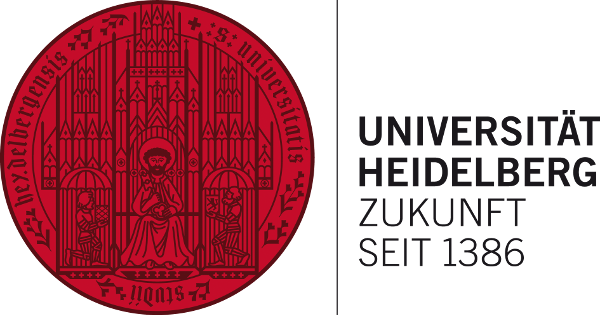Heidelberg University: New Emmy Noether Junior Research Group In Astronomy
“The influence of massive stars and their interaction with their environment represent a cornerstone when it comes to understanding our cosmic origins,” Dr Sander underlines. “However, it has so far been difficult to predict the evolution of these stars. In order to gain new insights in this regard, we want to link up empirical observations and theoretical approaches with one another.” The main focus is on stars with strong, radiation-driven stellar winds. The work of the research group, which is based in the ZAH’s Astronomisches Rechen-Institut, will primarily be to drive the development of stellar atmosphere models and use them in research to decode the properties of hot, massive stars. New, important constraints for these efforts are set by merging massive black holes which can nowadays be detected with the help of the recent branch of astronomy that deals with gravitational waves.
Andreas Sander earned his diploma of physics in 2010 at the University of Potsdam and in 2016 obtained his doctorate there in the field of astrophysics. As a postdoctoral researcher – for instance at the Armagh Observatory and Planetarium (AOP) in Armagh, Northern Ireland – he laid the basis for a new generation of stellar atmosphere models and expanded his expertise on the theoretical foundations of stellar winds. Last year, Dr Sander was the first scientist to be awarded the AOP’s newly established Öpik Research Fellowship to independently investigate astrophysical topics.
The Emmy Noether Programme of the German Research Foundation allows particularly qualified young scientists the opportunity to train for a university professorship by leading an independent junior research group on their own responsibility for a period of six years.

